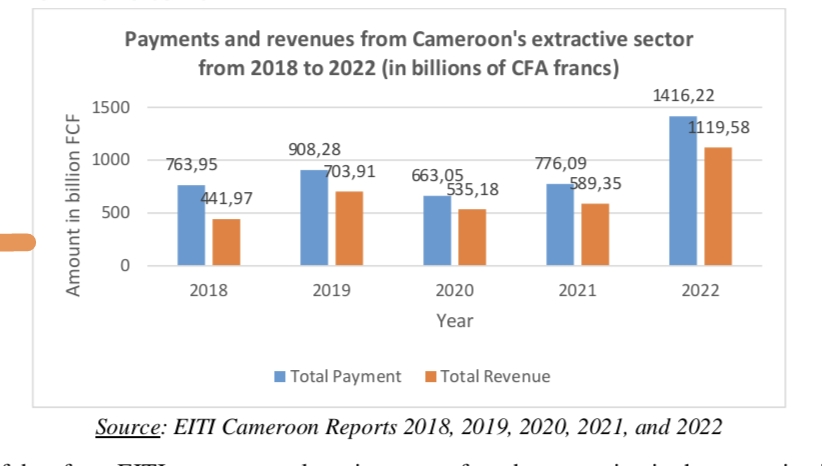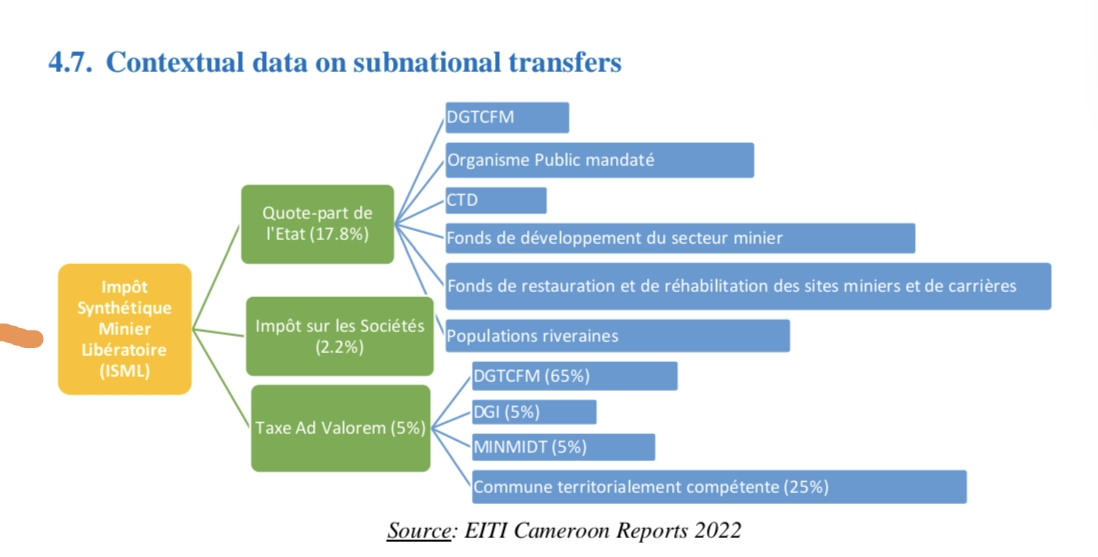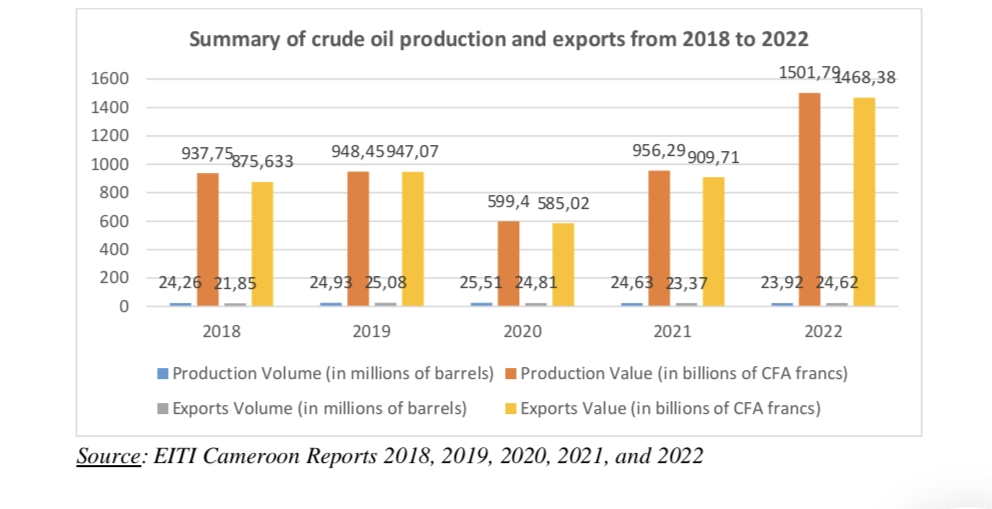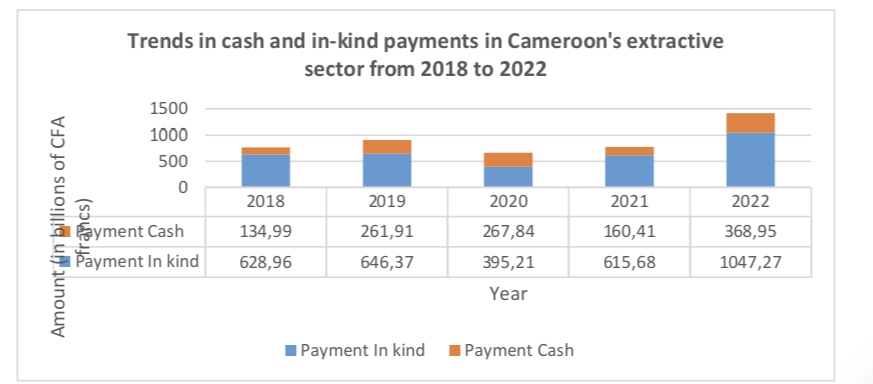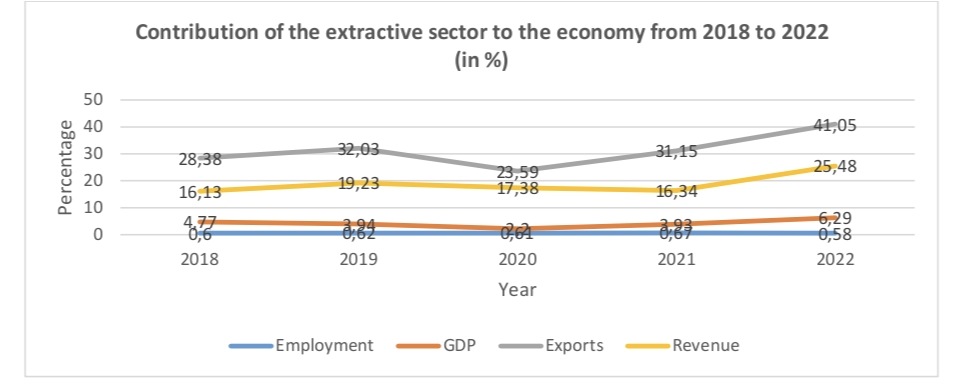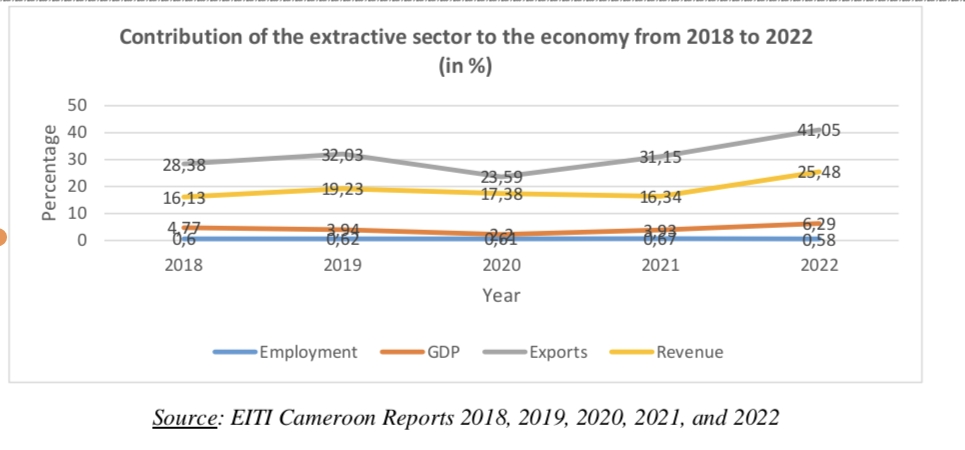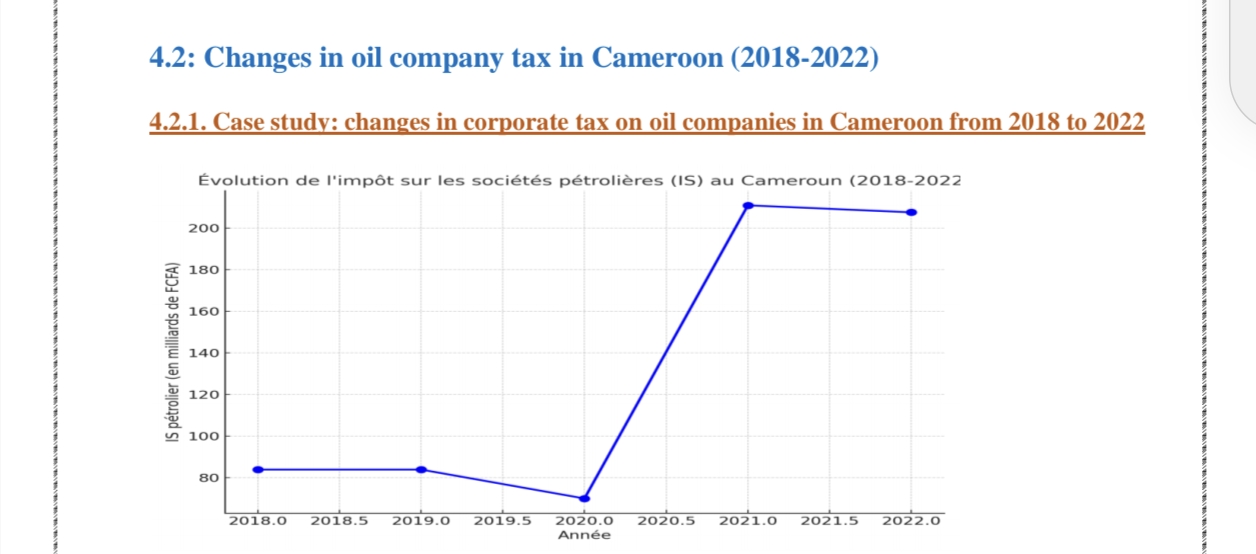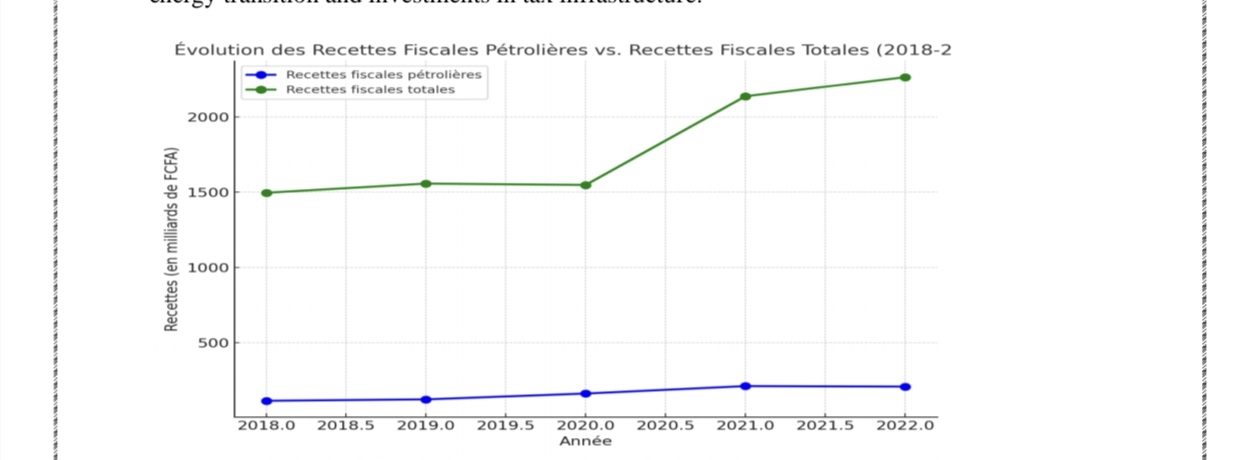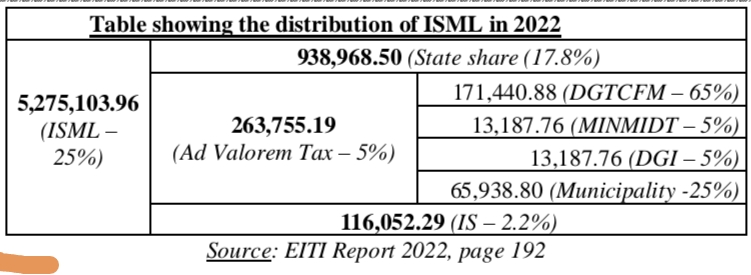The Extractive Industries Transparency Initiative (EITI) has trained some thirty journalists in Cameroon on tools and resources necessary to effectively cover the extractive sector and hold governments and companies accountable.
The online training which took place recently, aimed to empower journalists with the skills and knowledge necessary to effectively utilize EITI reports and summary data forms to inform public debate in Cameroon.
By doing so, the initiative seeks to promote transparency and accountability in the extractive sector, ultimately contributing to the country’s development.
Addressing participants at the opening session, Dr. Blasius Ngome, Chair of the Working Group (GPA) responsible for EITI communication, called on journalists to focus on understanding the EITI Standard 2023 and utilizing summary data forms to access key financial and contractual information.
He said knowledge from the workshop will enhance the capacity of Cameroon journalists to read and use data from EITI reports to inform public debate.
Meanwhile, Michel Bissou, the workshop facilitator educated that EITI Standard 2023 requires the publication of detailed reports on transparency in the extractive industries, covering requirements such as legal and institutional frameworks, contracts and licenses, beneficial owners, exploration and production, revenue collection, revenue management and distribution, and economic and social expenditures.
He said these reports provide a comprehensive overview of the extractive sector, enabling stakeholders to track payments made by companies and revenues received by the state.
In the course of the training, journalists learned how to read and interpret EITI report data, with a focus on summary data forms that present essential information in a simplified manner.
The training also highlighted the importance of using EITI data to inform public debate, particularly in the context of Cameroon’s extractive sector.
The training featured several case studies, including:
– Oil taxation in Cameroon between 2018 and 2022: issues, challenges, and prospects in the context of global energy transition
– Changes in corporate tax on oil companies in Cameroon (2018-2022)
– Contribution of the extractive sector to the national economy
– Changes in cash and in-kind payments in Cameroon’s extractive sector from 2018 to 2022
– Comparative analysis of payments and budget revenues from the extractive sector from 2018 to 2022
– Oil production and exports from 2018 to 2022
These case studies provided journalists with practical examples of how to analyze and utilize EITI data to inform public debate and promote transparency in the extractive sector.
By Olive Ejang




